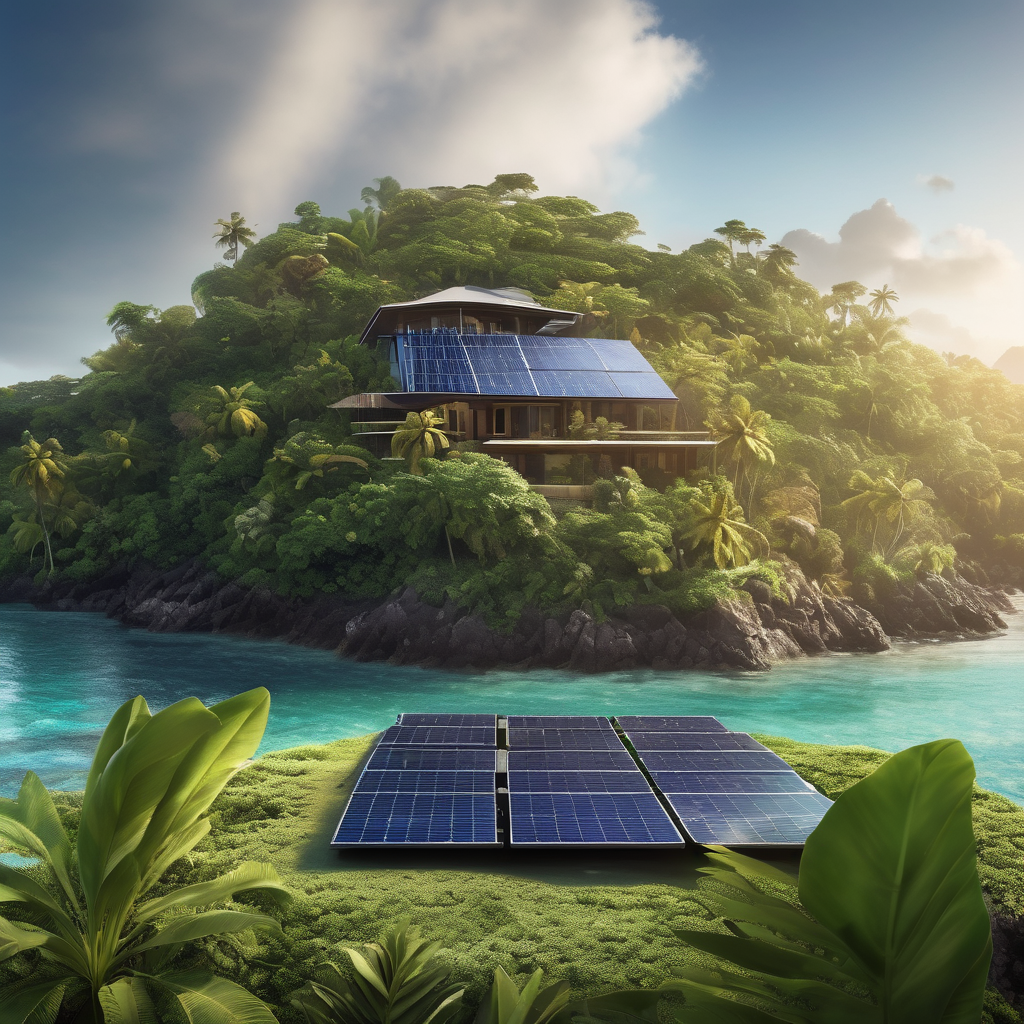Vio Island, located near Lautoka, has made significant strides in enhancing its climate resilience and sustainability with the launch of a new evacuation center alongside the upgrade of its solar mini-grid system. This dual initiative demonstrates the powerful effects of collaboration among government entities, development partners, and local communities to yield substantial benefits, according to Minister for Rural and Maritime Development and Disaster Management, Sakiasi Ditoka.
The newly established evacuation center is notably powered by renewable energy, providing a safe haven during adverse weather conditions, particularly for vulnerable groups such as women, children, and the elderly. Ditoka emphasized that the enhancements not only bolster safety but also improve energy accessibility and promote sustainable living for island inhabitants.
Funded by the UNDP’s Governance for Resilience (Gov4Res) initiative and the Rural Electrification Fund at an investment of $110,000, the solar mini-grid significantly expanded from 5.88 kilowatts to 25 kilowatts. This upgrade is projected to reduce carbon emissions by over 23 tonnes annually, alongside a saving of over 9,000 liters of diesel each year.
As communities globally continue to address challenges posed by climate change, Ditoka highlighted the importance of proactive local measures to maintain critical services like water and sanitation and improve overall disaster preparedness. He announced that the government is currently revising its rural development framework to more adequately align with community needs and ensure better coordination among all partners.
The initiative has received positive remarks from other officials, including UNDP Pacific Resident Representative Munkhtuya Altangerel, who praised the opening of the evacuation center and solar mini-grid as a fulfillment of promises to bolster safety, resilience, and economic opportunities for the local community. Additionally, Australia’s High Commissioner to Fiji, Peter Roberts, praised the project, noting its potential to ensure reliable power and safety for future generations.
In comparison to ongoing developments in similar communities in Fiji, such as those in Daku Village and Yalobi Village, Vio Island’s projects continue to underscore a broader commitment to elevating disaster readiness and climate resilience across the region. Initiatives like these are vital for building a safer, more sustainable future for island communities prone to climate-related challenges.
